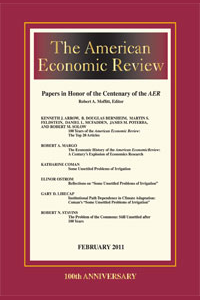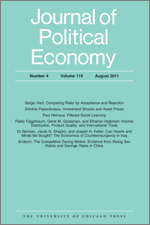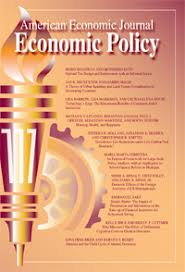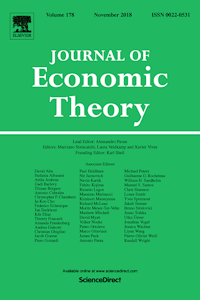
Ogilvie, S., Küpker, M. and Maegraith, J.
Krämer und ihre Waren im ländlichen Württemberg zwischen 1600 und 1740
Zeitschrift für Agrargeschichte und Agrarsoziologie
Vol. 59 no. 2 pp. 54-75 (2011)
Abstract: Shopkeepers and Their Wares in Rural Württemberg between 1600 and 1740. Retailing is widely regarded as an important aspect of the Consumer Revolution in early modern England and the Netherlands, where innovative retail practices lowered transactions costs for poorer consumers and brought new market wares within the reach of wider social strata. This article explores these hypotheses in the central European context through a micro-analysis of rural Württemberg in the seventeenth and early eighteenth centuries. In Württemberg, as in many other parts of early modern Germany, traditional corporative institutions provided mechanisms by which guilded shopkeepers and craftsmen could block entry into ‘their’ sector, impeding or excluding cheaper competitors such as women, labourers, Jews, foreigners, and peddlers who made consumer goods available to poorer customers at lower cost. By comparison with more precociously commercialized regions of early modern Europe, rural Württemberg between 1600 and 1740 continued to have a relatively low density of retailers. Analysis of shopkeepers’ inventories from a locality in the Württemberg Black Forest shows little sign of the growing retail specialization observed for English and Dutch localities after c. 1650. In this Württemberg locality, shopkeepers remained general traders and did not become specialists in particular lines of wares or bodies of customers. They consisted mainly of substantial individuals who were significantly more established, richer, and more literate than their customers, providing no indication that retailing was becoming accessible to less privileged or lower-cost practitioners. Their inventoried stock consisted of a relatively narrow number and range of wares, with few of the exotic stimulants or ready-made goods that characterized the Consumer and Industrious Revolutions in the Netherlands and England. Early modern rural Württemberg was lacking in neither entrepreneurship nor new consumer sensibilities, but the extent to which these could be expressed in more commercialized forms of production and consumption appears to have been constrained by characteristics of its social institutions.
JEL Codes: N73, N93, Q13
Author links:
Publisher's Link: http://www.agrargeschichte.org/3607.0.html ![]()




